
Animal Farm is a satirical fable by George Orwell, where farm animals overthrow their human owner, seeking equality. But as a new leadership rises, the ideals of their revolution are corrupted, revealing a powerful allegory about power and betrayal.
About George Orwell
A sharp critic of totalitarianism and social injustice, George Orwell is renowned for his dystopian novels Nineteen Eighty-Four and Animal Farm. His clear and direct prose exposed the dangers of political manipulation, surveillance, and the abuse of power. Orwell's essays also offered insightful commentary on politics, literature, and culture, making him a significant intellectual figure of the 20th century. His works remain highly relevant in understanding contemporary societal challenges.
Other Books by George Orwell
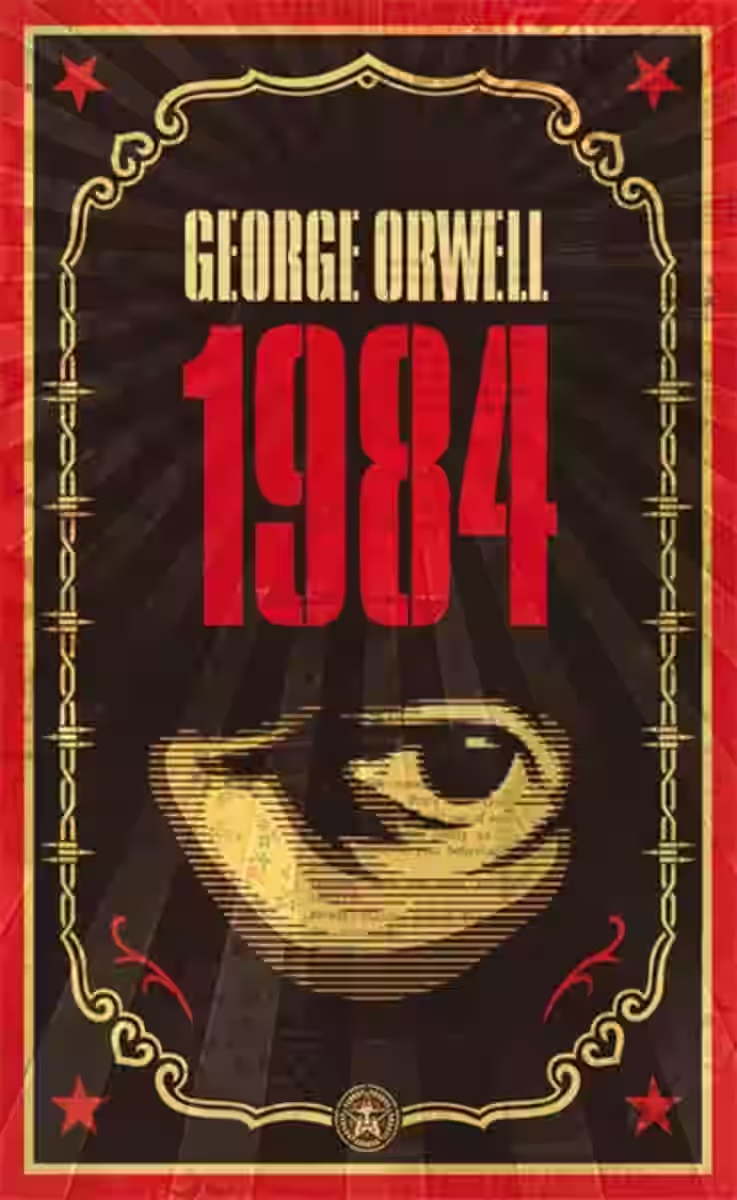
1984
In a totalitarian future Britain, Winston Smith secretly rebels against the omnipresent government that controls reality itself through surveillance, propaganda, and the manipulation of language and history. When he falls in love with Julia, another rebel, their forbidden relationship becomes an act of political rebellion. The novel explores themes of truth, power, and human dignity in a world where independent thought is a crime.
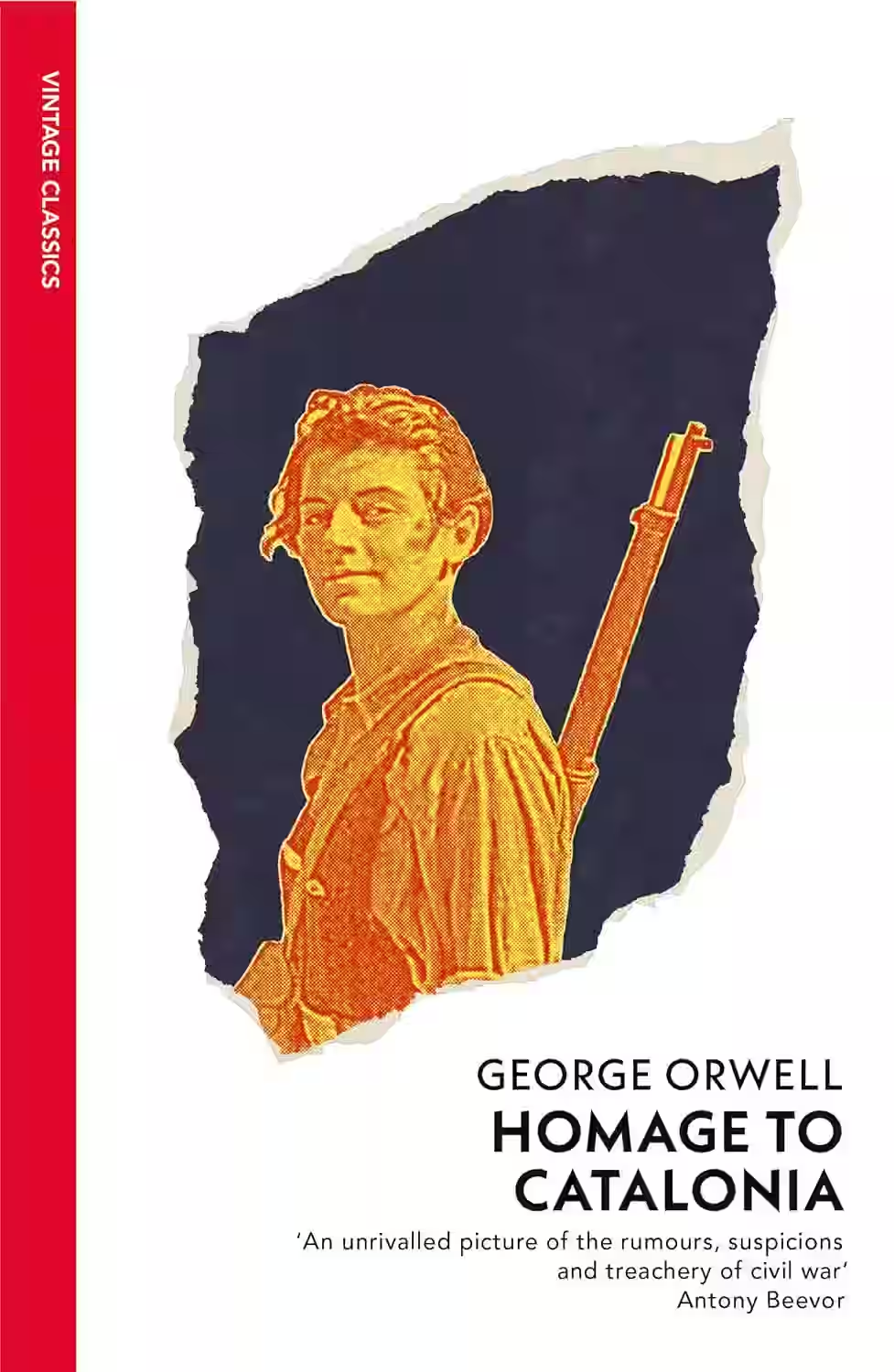
Homage to Catalonia
In 'Homage to Catalonia' by George Orwell, the author recounts his personal experiences as a soldier during the Spanish Civil War. Orwell provides a raw and honest portrayal of the complexities of war, politics, and propaganda. The book delves into themes of loyalty, disillusionment, and the struggle for justice. Orwell's writing vividly captures the brutality of the conflict and the internal struggles faced by those fighting for their beliefs. 'Homage to Catalonia' is a gripping account that offers a unique perspective on the realities of war and the impact of political ideologies on individuals.
Similar Books

Infinite Jest
David Foster Wallace's 'Infinite Jest' is a sprawling, intricate narrative that delves into the complexities of addiction, entertainment, and the search for meaning. Set in a dystopian North America, the story primarily unfolds around the students of the Enfield Tennis Academy and the residents of a nearby drug and alcohol rehabilitation center. Through its rich, multifaceted characters and a plethora of subplots interwoven with irony and dark humor, the novel examines the human condition and our incessant quest for pleasure and distraction. Wallace's innovative narrative structure and his exploration of themes such as media saturation, corporate power, and existential angst challenge and captivate readers, marking 'Infinite Jest' as a seminal work of postmodern literature.
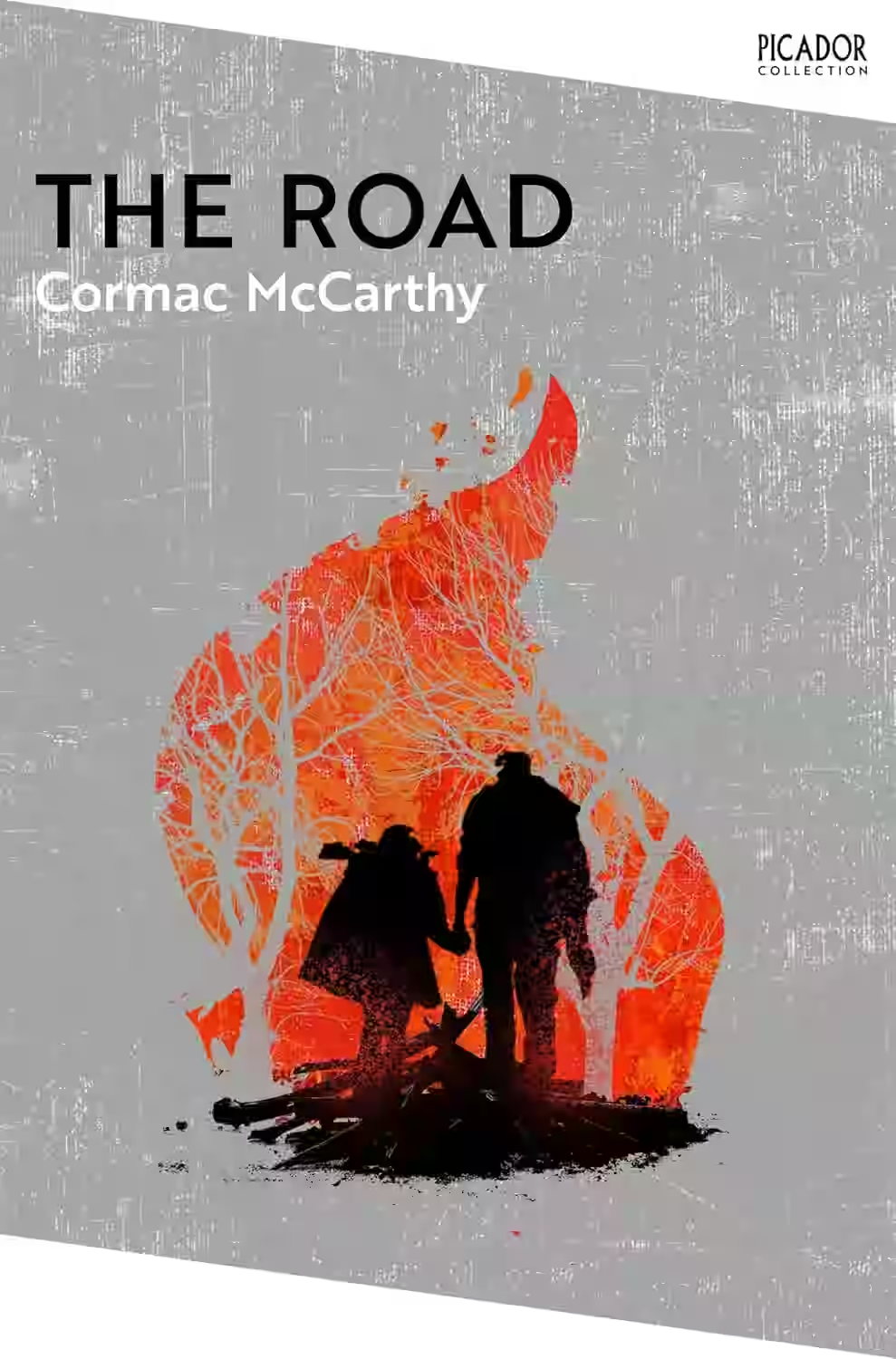
The Road
In a burned-out America, a father and his young son walk under a darkened sky, heading slowly for the coast. They have no idea what, if anything, awaits them there. The landscape is destroyed, nothing moves save the ash on the wind and cruel, lawless men stalk the roadside, lying in wait. Attempting to survive in this brave new world, the young boy and his protector have nothing but a pistol to defend themselves. They must keep walking. Winner of the Pulitzer Prize for Fiction, The Road is an incandescent novel, the story of a remarkable and profoundly moving journey. In this unflinching study of the best and worst of humankind, Cormac McCarthy boldly divines a future without hope, but one in which, miraculously, this young family finds tenderness. An exemplar of post-apocalyptic writing, The Road is a true modern classic, a masterful, moving and increasingly prescient novel.
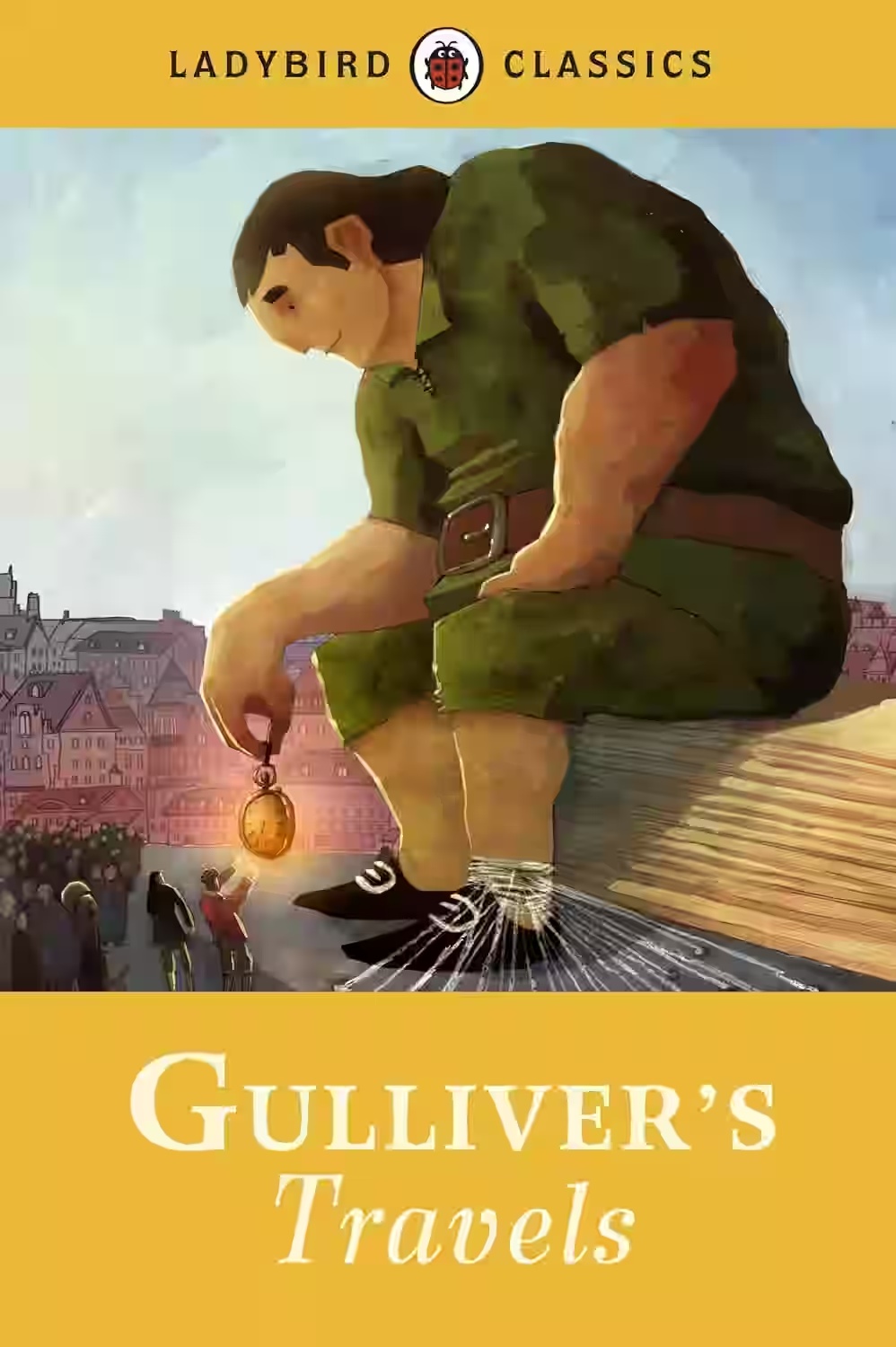
Gulliver’s Travels
This satirical classic follows Lemuel Gulliver’s fantastical voyages to strange lands—from tiny Lilliputians to giant Brobdingnagians, and beyond. Each journey critiques human nature, politics, and society through absurdity and exaggeration. Beneath its fantastical surface lies sharp social commentary on power, pride, and cultural hypocrisy. Swift’s wit and imagination make Gulliver’s Travels a timeless work of political satire and philosophical reflection, as relevant today as when it was published in 1726.
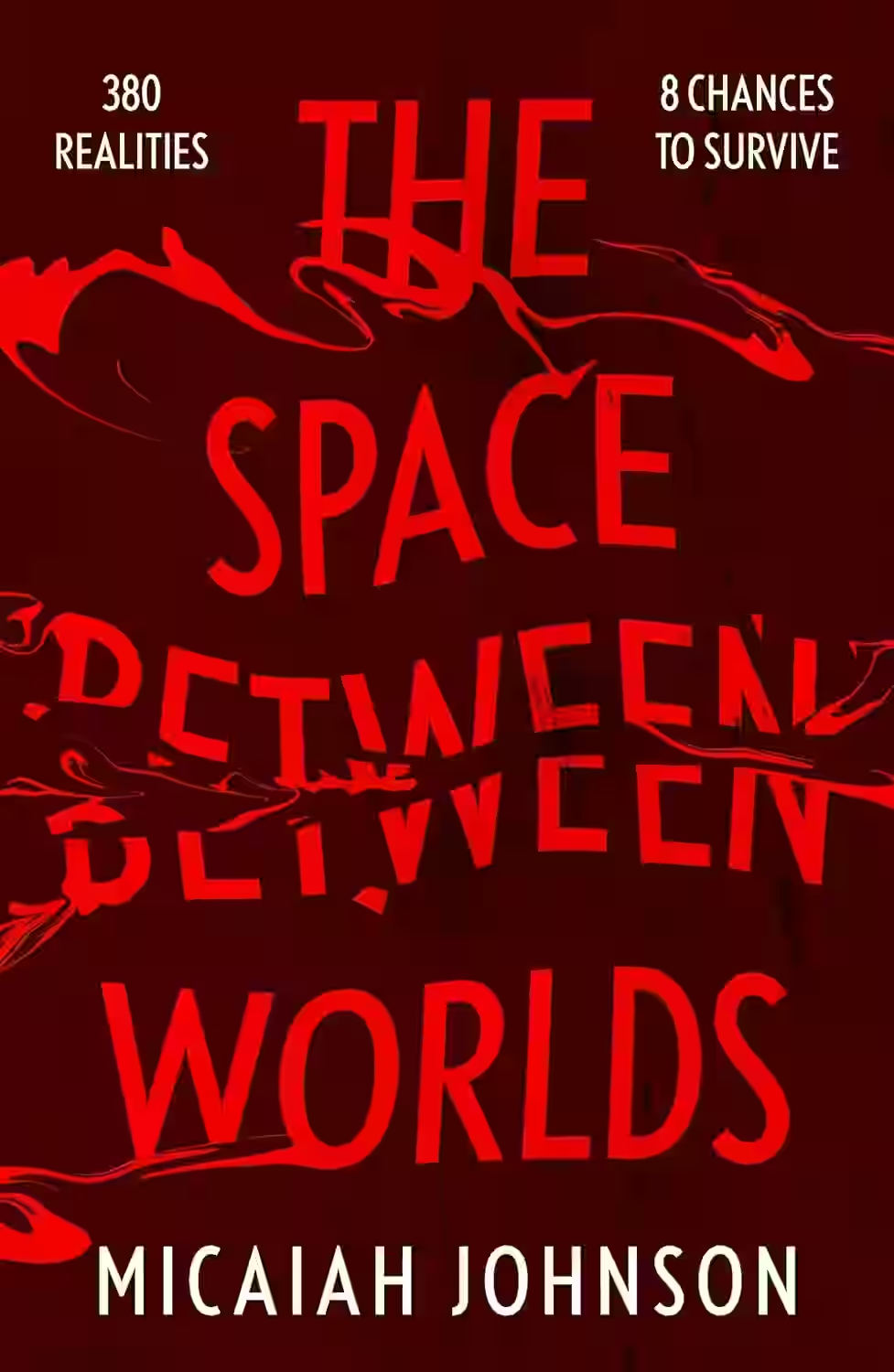
The Space Between Worlds
In a multiverse where only one version of a person can survive in any given world, Cara is uniquely valuable—her other selves tend to die young. She travels between hundreds of parallel Earths, gathering data for a powerful corporation. But when she uncovers secrets that challenge her employers and her sense of identity, Cara begins to question the system that exploits her. Blending sci-fi with social commentary, this debut explores privilege, class, and identity in a fractured world. It’s a gripping, introspective story about survival, power, and what makes a life worth living.